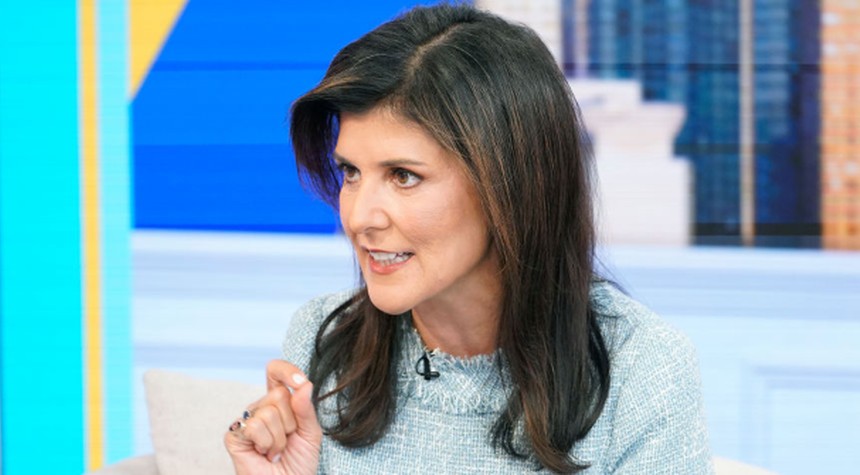The political winds in Washington have shifted considerably when even Nikki Haley finds herself at odds with President Trump over immigration policy. The former South Carolina governor and United Nations ambassador has planted her flag firmly against what she perceives as a dangerous concession to Beijing.
“It would be a massive mistake to allow 600,000 Chinese students to come into America,” Haley declared in mid-November. “That would be a huge gift to China and a threat to the United States.”
Now, friends, this is where things get interesting. The question on everyone’s mind is whether Haley’s opposition stems from genuine policy conviction or political calculation. Kevin Lynn, founder of U.S. Tech Workers, does not mince words on the matter. “This is political opportunism on her part, but she is reading the room correctly with the MAGA base,” Lynn said. “Nikki Haley is the poster child of a political opportunist.”
Yet there may be more to this story than simple political maneuvering. Haley’s own son, a recent college graduate, has been speaking out about the struggles facing young Americans in today’s job market. His testimony carries the weight of lived experience that resonates across generational lines.
“My friend group from high school, all graduated, great degrees from great schools,” Nalin Haley explained recently. “It’s been a year and a half, and not one of them has a job, not one. So I’m angry at that, because I’m having to try and help my friends get jobs when their parents got jobs immediately, not just after graduating college, but out of high school.”
That is a powerful statement, and it speaks to a broader frustration brewing among Generation Z conservatives who feel they are being shut out of opportunities their parents took for granted.
The controversy erupted after President Trump appeared to endorse maintaining a population of 600,000 Chinese students in American universities. Lynn suggests this may have been an unintentional verbal miscue by a president juggling countless priorities. “He conflated the 1.2 million total population of foreign students with 1.2 million Chinese, and said, ‘We’ll cut it in half to 600,000,'” Lynn explained. “He should have said, ‘There are 300,000 Chinese students, we’ll cut that to 150,000.’ Now they own that statement. They should have walked it back.”
The stakes here extend far beyond mere numbers. The current flood of Chinese students occupies university slots that would otherwise go to American citizens. Many of these foreign students then obtain work permits through the Optional Practical Training program, creating what critics describe as ethnic hiring networks that systematically exclude American graduates from entry-level positions and research opportunities.
The data tells a sobering story. Between 2010 and 2022, the work permit population at the University of Pittsburgh alone grew from 456 to 1,791. “These are huge shares, and they’re all getting jobs, but right now American graduates are not getting jobs,” Lynn noted.
The Trump administration has taken steps to address these concerns, implementing new restrictions on foreign students and H-1B workers in recent months. However, these efforts face fierce resistance from universities that have grown dependent on foreign tuition dollars, which effectively subsidize work permits for international students.
Commerce Secretary Howard Lutnick has echoed some of the universities’ concerns, highlighting the financial pressures facing smaller institutions.
“The Overton window of mainstream opinion has shifted on this issue,” Lynn observed, and he may well be right. When establishment figures like Nikki Haley feel compelled to take a hard line on Chinese student visas, whether from conviction or calculation, it signals a fundamental realignment in conservative thinking about immigration and economic opportunity.
The question now is whether the Trump administration will adjust its position or stand firm. Either way, this debate has exposed real tensions within the conservative coalition about who should benefit from American educational institutions and job opportunities.
Related: Catholic Organizations Clash Over Church Teaching on Immigration Law Enforcement


